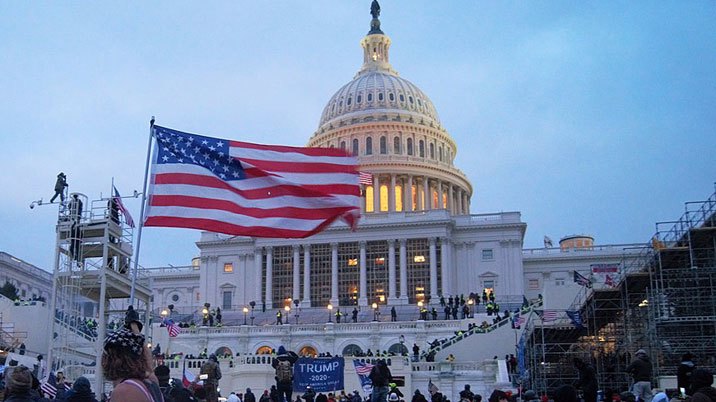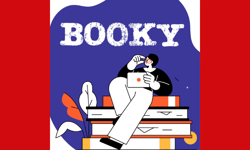
Last week, a pumped up mob of Trump supporters stormed the US Capitol. Five people died. Given the lax security and the fact that many of the invaders believed the future of the country to be at stake, it could have been much worse.
How could they have been so deluded? No credible evidence has ever been presented to support Trump’s assertions: all 50 states certified their results, courts threw out all challenges and multiple credible people in positions to know have repeatedly declared the elections to be free and fair.
So, what happened? Easy… the big lie: “I won – the election was stolen.”
However manifestly untrue something might be, if influential people say it loud enough and often enough, a critical mass develops of people who believe it to be true.
This has been the president’s strategy, but a lie is only as effective as its means of distribution. Who’s been spreading it? Not mainstream media. A few far-right “news” channels, but in the main, it’s been social media – a perfect vehicle to disseminate lies and distortions and a giant petri dish in which far-fetched conspiracy theories can take shape and grow.
Last week, Facebook and Twitter took action and closed the president’s accounts. Shutting the barn door after the horse has bolted, some said, although others, including Angela Merkel, saw in it a threat to free speech, which raises the question of who is to fairly regulate who can say what on these platforms?
Someone needs to because the damage that’s being done is plain to see. Yet, it’s an intractable problem; social media’s strength – its unfettered wide open spaces and ability to connect like-minded people – is also its weakness. It’s highly likely that social media will continue to be a breeding ground for extremist opinion and therein lies the opportunity for mainstream media.
Mainstream media, whilst not perfect, is the antithesis of social media. It’s tightly controlled, has professional processes, codes of conduct and a stated adherence to the truth. Something social media doesn’t even pretend to have.
In these perilous times, widespread disinformation on the big tech platforms is our opportunity to once again demonstrate our enduring and essential place in the media mix.












